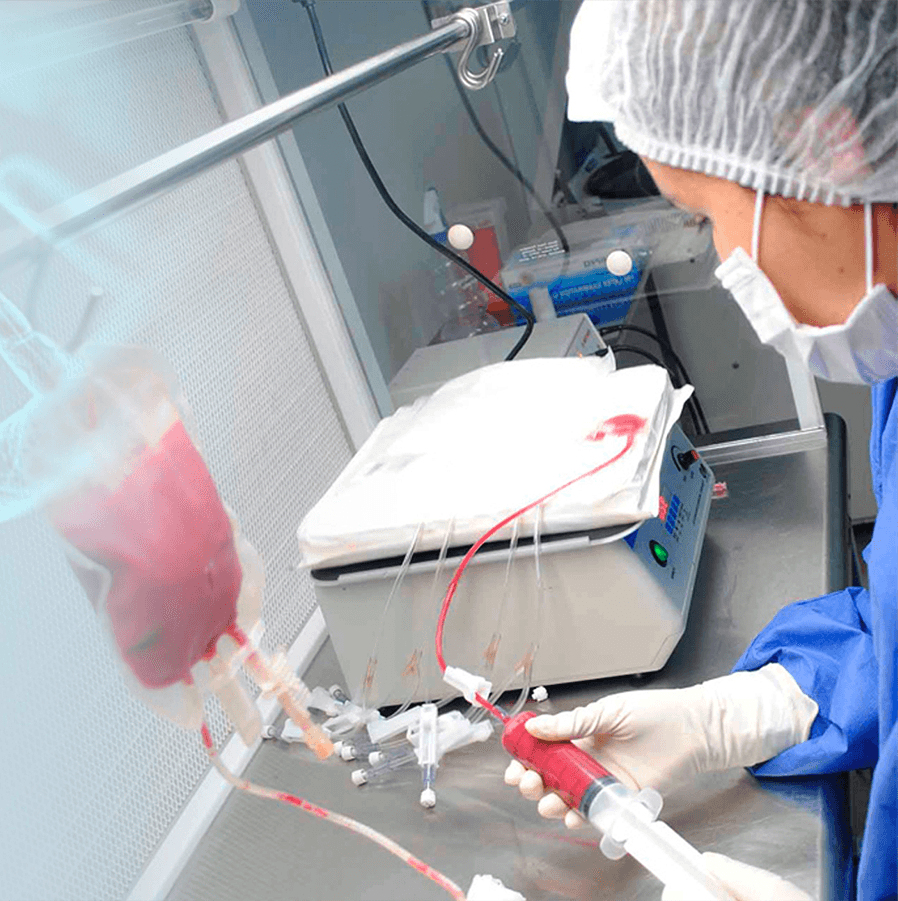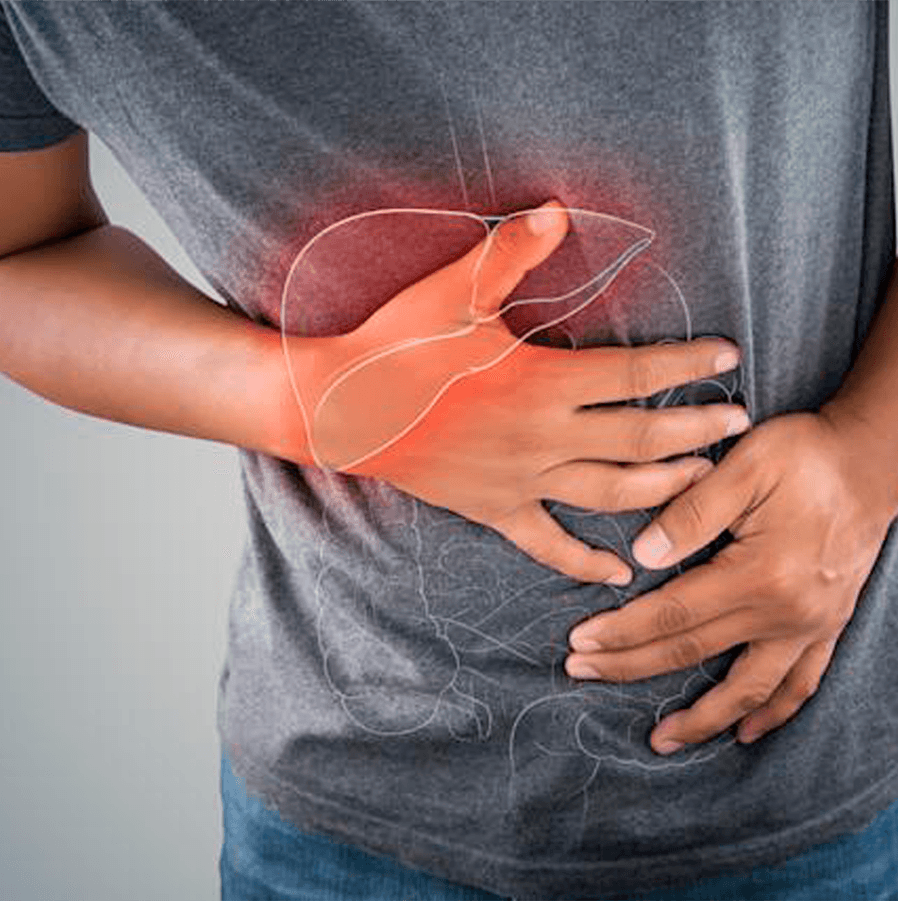Amyotrophic Lateral Sclerosis
ALS (Amyotrophic Lateral Sclerosis) destroys the motor neurons that are an important link in the nervous system, which through the brain control the voluntary movements of the body. The muscles of the legs and feet are controlled by lower motor neurons. The muscles of the arms, hands, and fingers are controlled by upper motor neurons.
Speaking, swallowing, and chewing are controlled by motor neurons in the brain stem. ALS (Amyotrophic Lateral Sclerosis), does not affect the five senses, seeing, hearing, tasting, smelling, and touching, nor does it normally affect the mind, eye muscles, heart, bladder, bowel, or sexual muscles.
There is no chance of ALS (Amyotrophic Lateral Sclerosis) being contagious.
The reason that muscles atrophy and become stiff with ALS (Amyotrophic Lateral Sclerosis), is because there is a simultaneous, progressive loss of two types of nerve cells known as motor neurons which make muscles work.
• upper motor neurons
• lower motor neurons
The first type, or lower motor neurons, are found in two areas:
1. In the spinal cord, where they connect directly to the muscles of the limbs and spinal muscles, including the muscles responsible for respiration.
2. In the brain stem, where they are directly connected to the muscles of the face, mouth, and throat, including the muscles that govern speech and swallowing.
The muscles need the connection to the lower motor neurons not only to be able to fulfill their functions, but also to be able to live. Therefore, as lower motor neurons die and muscles are no longer connected to those lower motor neurons, the upper motor neurons exert less control over the lower motor neurons; this results in the tendency to cause stiffness in the muscles.
Although ALS (Amyotrophic Lateral Sclerosis) presents as a muscle wasting disease, it is caused by the loss of the nerves that are connected to those muscles. For this reason, ALS (Amyotrophic Lateral Sclerosis) is also known as "motor neuron disease."
 6 th avenue 6-63 zone 10 Sixtino Building Clinic number 307
6 th avenue 6-63 zone 10 Sixtino Building Clinic number 307
 +502 22384397
+502 22384397
 +502 37649731
+502 37649731











